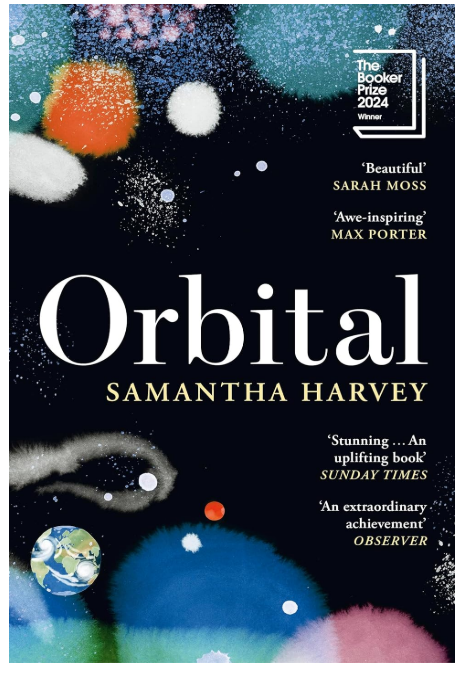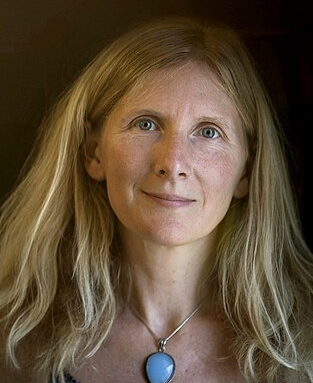Reading Room | Fiction
Orbital
By Samantha Harvey
Keywords: space, international space station, Booker Prize

Winner of the Booker Prize 2025
I have always been captivated by all things space-related, particularly the profound impact space has on the human body—the fluid buildup compressing the optic nerve, the elongation of the spine, the slowly occurring neural shifts, and the dramatic effects of solar radiation on the skin.
So, when I saw Orbital by Samantha Harvey had won the Booker Prize, I couldn’t resist reading it. While it may not be our usual fare of medical science and non-fiction narratives, I knew it had to be our Book of the Month for January 2025.
At just 136 pages, it is the second-shortest book to win the prize, but it packs a punch. The story follows a team of astronauts aboard the International Space Station as they collect data, conduct experiments, and push the boundaries of human endurance. However, their main role is observation—of Earth’s breathtaking beauty, from glaciers to deserts, mountains to oceans, all within a single day’s orbit.
Despite being far from Earth, the crew feels its unrelenting pull. News of a mother’s death and the sight of a typhoon threatening loved ones trigger reflections on life’s fragility and the interconnectedness of humanity and the planet. Harvey masterfully captures this tension, weaving a narrative that is both intimate and cosmic.
Critics have called the book plotless and meandering, but perhaps that’s the point—a meditation on life’s cyclical nature and the repetitive rhythms of orbit.
I cannot recall reading a book quite like Orbital. The author's gentle description of the ebb and flow of spacecraft as it journeys through its sixteen daily orbits of the Earth created space for reflection, slowing my mind and prompting me to imagine what it would truly feel like to drift among the stars. I have a renewed respect for the astronauts who man those crafts.
But perhaps it is the author's evocative prose that manages to transform the mundane into the profound, which made me consider not just what life is like in space but what it means to belong to Earth.
This is a profound and thought-provoking read for those who value introspection over action.
Linda Ravenhill, Editor
The Medical Education Network receives no royalties from sales of this book.
Editorial Reviews
“Samantha Harvey, one of the most consistently surprising contemporary British novelists, becomes something like the cosmic artificer of our era with her slim, enormous novel Orbital (Grove), which imaginatively constructs the day-to-day lives of six astronauts aboard the International Space Station. Orbital is the strangest and most magical of projects, not least because it’s barely what most people would call a novel but performs the kind of task that only a novel could dare . . . [Harvey writes] like a kind of Melville of the skies.” — James Wood, The New Yorker
“Harvey makes an ecstatic voyage with an imagined crew on the International Space Station, and looks back to Earth with a lover’s eye . . . An Anthropocene book resistant to doom.” — Alexandra Harris, Guardian
About the Author




